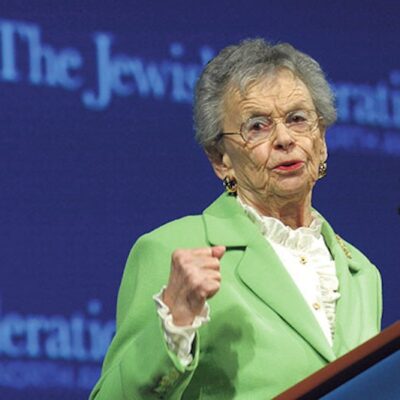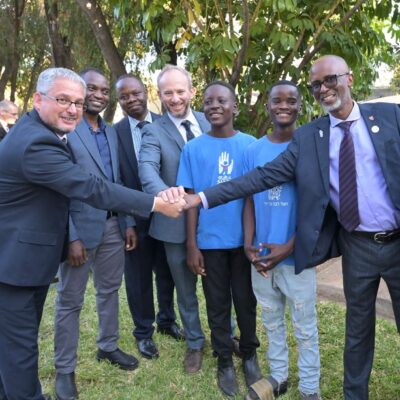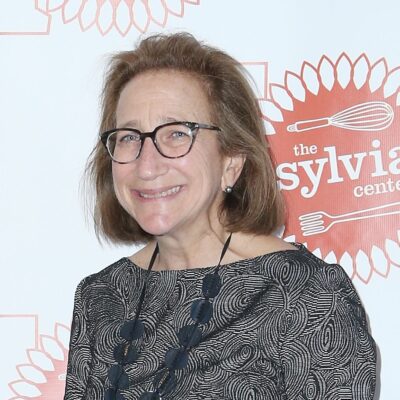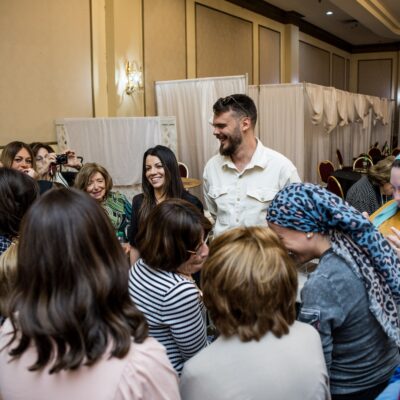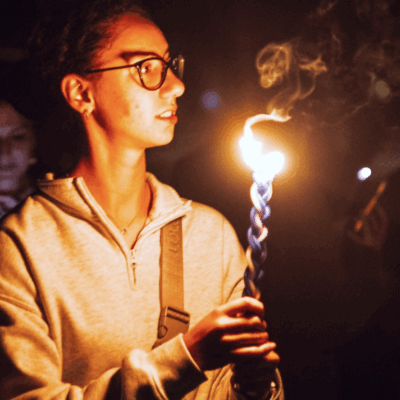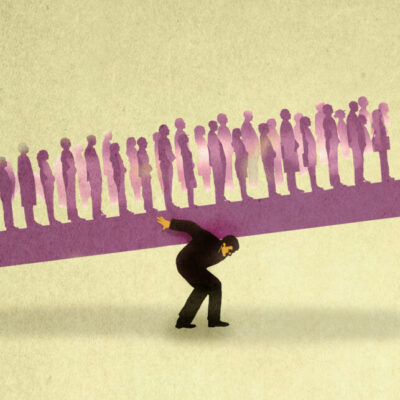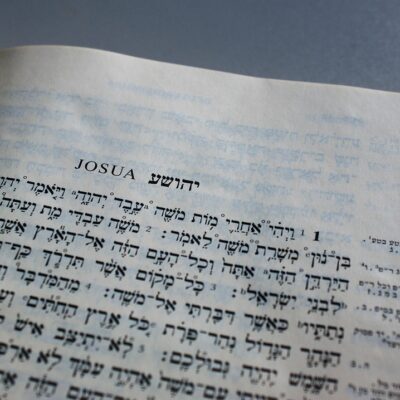BARUCH DAYAN EMET
Jacqueline Levine, activist for Soviet Jewry and civil rights, dies at 99
'She didn't act like she was a big deal. She just was. She made the world better. Not many people can say that.'
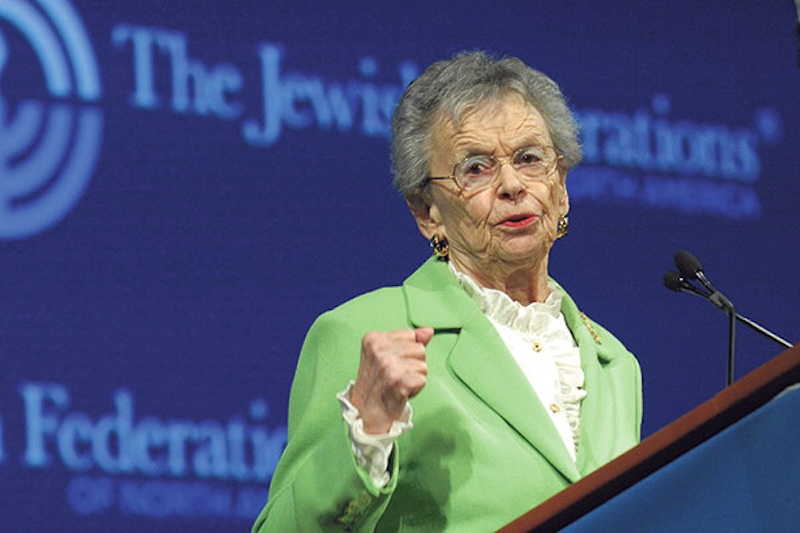
courtesy
Jackie Levine, activist and lay leader, speaks at a Jewish federation event in 2012.
When Martin Raffel, former senior vice president at the Jewish Council for Public Affairs, remembers Jackie Levine, he thinks of the time they got arrested together. In March 1986, at the height of the movement to free Soviet Jewry, Raffel, Levine and four other members of the American Jewish Congress walked up to the gates of the Soviet Embassy in Washington singing Hebrew songs, he told eJewishPhilanthropy. They left in the back of a police van.
Levine — an activist, lay leader and fundraiser who died on Aug. 11 at 99 — was no stranger to getting arrested. Still, on one side of the metal barrier dividing the vehicle were five men, Raffel recalled, on the other was Levine. “Jackie was all by herself on the other side,” he said. “She was the only woman of the six.”
Born in New York in 1926 to Theresa and Harry Koldin, both of whom were highly educated and politically liberal secular Jews, Levine was often one of the few women in rooms shaping some of the most consequential movements of her time. Shortly after studying psychology and political science at Bryn Mawr College, Levine married Howard Levine, a sociology professor.
The couple moved to New Jersey, where she became a lifetime member of the board of National Women’s Philanthropy and a member of the Jewish Federation of Greater MetroWest’s Women’s Philanthropy board. Levine’s activism spanned both the Jewish community and broader national movements, including Civil Rights, Soviet Jewry and anti-Vietnam war movements, as well as her support of Israel and opposition to apartheid in South Africa.
“She’s one of those people, one of those volunteer leaders, who did not have tunnel vision in terms of her activism on behalf of the Jewish community,” Raffel said of Levine. “She really was someone who was dedicated to human rights, civil liberties for all, and did so splendidly with intelligence and humor and complete dedication.”
Levine’s activism started with the American Jewish Congress, when she joined the organization’s opposition to Sen. Joseph McCarthy. Levine quickly got involved in social activism tied to the Civil Rights Movement, attending the 1963 March on Washington for Jobs and Freedom, speaking with Coretta Scott King about her husband’s famed “I have a dream” speech on the sidelines afterward — “That was one of the best speeches I think he ever made, and I ever heard,” Levine recalled saying in an interview earlier this year. She also participated in the 1965 Selma to Montgomery marches, as well as numerous Vietnam peace marches during the same period, according to an article compiled by the Jewish Historical Society of MetroWest.
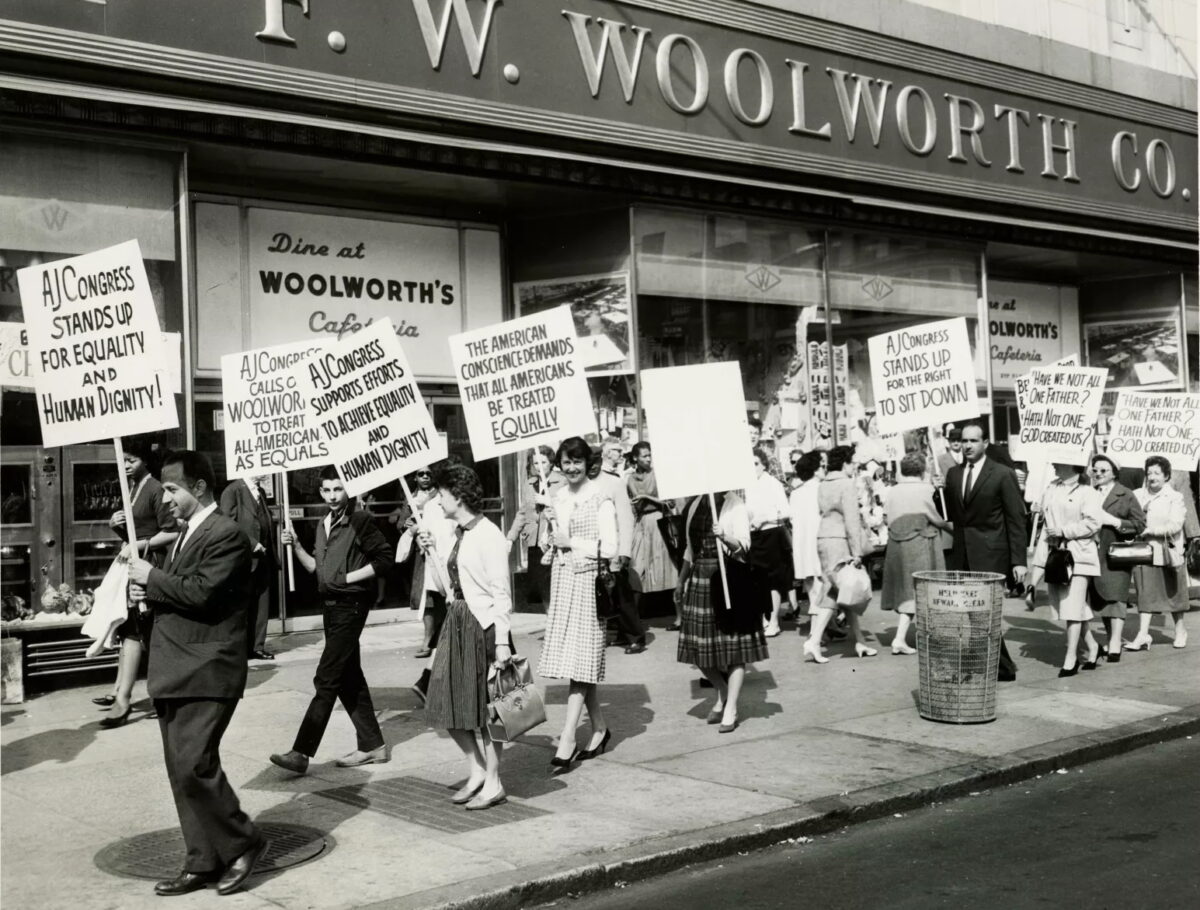
“Jackie took her 5-year-old daughter to protest segregated lunch counters, marched from Selma to Montgomery, and stood with her friend Coretta Scott King at the March on Washington. She fought for women’s leadership in the Jewish community, was arrested leafleting the Jordanian Pavilion at the 1960 World’s Fair and at the Soviet Embassy, and helped lead the 200,000-person March for Soviet Jews in 1987,” Leslie Dannin Rosenthal, the Jewish Council for Public Affairs chair, shared in a statement remembering Levine.
As Levine’s influence expanded, she used her platform to welcome more women into the rooms she frequented. After becoming the national president of the Council of Jewish Federations’ women’s division in 1969, Levine advocated for the inclusion of women in the organization overall, according to the New Jersey Jewish News. In a memo to the Jewish Federation of Greater MetroWest’s board, Abbi Halpern, president of women’s philanthropy at the federation, described Levine’s speech at the 1969 Jewish Federations of North America General Assembly, in which she “galvanized women to demand Jewish leadership opportunities, for both lay leaders and professionals.”
“Jackie continued to be the first in almost everything, the first woman to serve as national chair of American Jewish Congress’ governing council, chair of what is now federation’s Jewish Community Relations Council, and national chair of what is now the Jewish Council for Public Affairs,” Halpern wrote.
Levine’s work in both the Jewish community and broader advocacy spanned five decades.
Levine was the first woman to chair the American Jewish Congress’ national governing council. She became the National Jewish Community Relations Advisory Council’s first Soviet Jewry chairwoman and then national chair of the Mobilization for Soviet Jewry. In the late 1980s, through the Mobilization for Soviet Jewry, she organized the march that brought 250,000 American Jews to Washington to advocate for Soviet Jewry’s right to emigrate. Until the “March for Israel,” in November 2023, the “Freedom Sunday” march for Soviet Jews was the largest rally of Jewish people in modern history.
Steve Gutow, former president of the Jewish Council of Public Affairs, first met Levine when he was president of the American Jewish Congress’ Dallas chapter. Thinking back on that time, he recalled the “larger than life” quality of her and her work, and her groundedness in interpersonal relationships.
“She didn’t act like she was a big deal. She just was,” Gutow told eJP. “She made the world better. Not many people can say that. When you met her, you felt like you were more than you were before. She would always make people feel like we were really changing the world. And maybe we all really are, if we let ourselves,” he told eJP.
Even as her work expanded beyond the scope of the Jewish community, Levine advocated for Israel’s security and Israeli-Palestinian peace efforts. A founding member of Mazon: A Jewish Response to Hunger, and the Jewish Fund for Justice, Levine was also instrumental in founding many liberal Jewish advocacy organizations operating today.
In a statement made in court following her arrest at the Soviet Embassy, Levine described a visit to the Soviet Union, where she witnessed the sentencing of refusenik Yuli Edelstein. Alongside 75 Jews, Levine stood on the stairs to “bear witness.” She watched as another member of that group was arrested. “Having done that, his sentence being three years, I felt impelled to demonstrate on his behalf and many others who have been so treated, so similarly treated,” Levine told the court.
According to Raffel, the six members of the American Jewish Congress pled nolo contendere. The court issued them a fine.
“We had violated some kind of ordinance that it was prohibited to quote, unquote, protest or demonstrate within a certain distance of a foreign mission like an embassy. We were obviously much closer than the ordinance would allow,” said Raffel. “We stayed outside the gate. We rang the bell. We knew they weren’t going to let us in, but we rang the bell anyway.”



